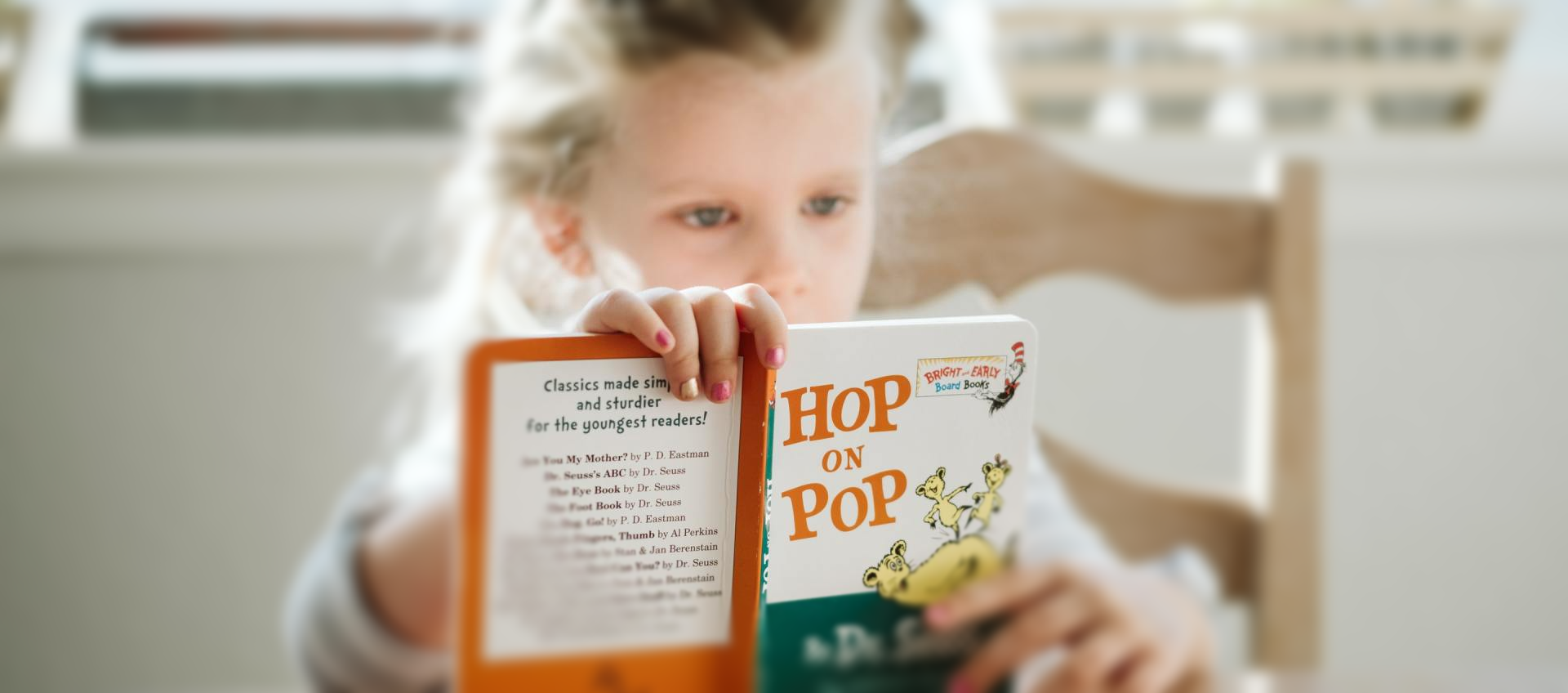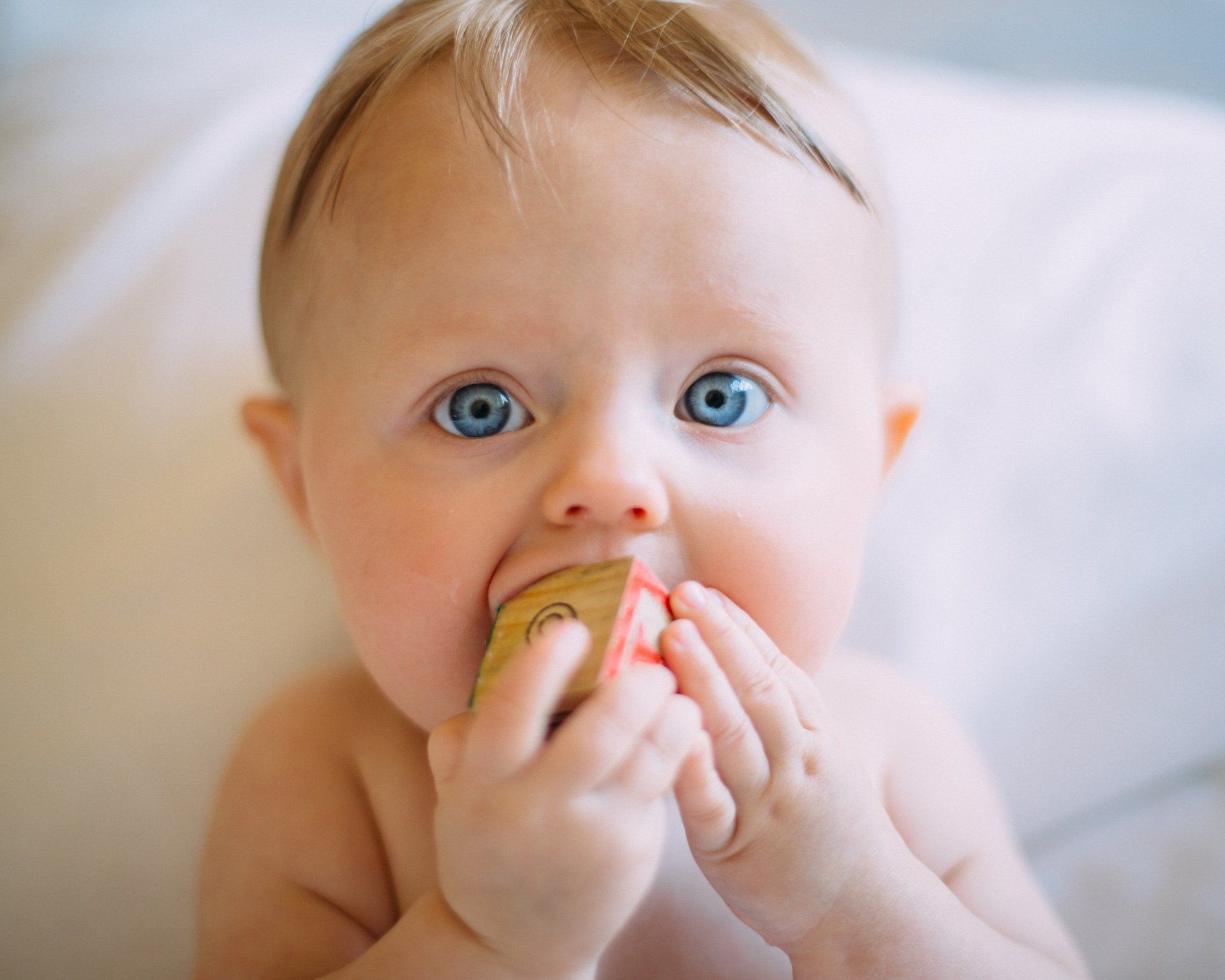
Children's vision & Myopia
Childrens's Vision
As with physical skills, those visual skills are expected to develop and improve over time, however if the children's skills are below the normal ranges expected for their ages, this may affect their ability to learn.
Children's vision can be examined at any age. A first complete eye examination is recommended at 3 years of age. Regular eye examination is the best way to detect any underlying vision problems that your child may have.
Call us now on 02 8072 9448
to arrange an examination for your child.
Myopia (short-sightedness)
Myopia is a common eye condition that makes distance vision blurry. It usually starts in childhood and gets progressively worse until the child stops growing.
Could your child be myopic (short-sighted)?
Signs to look out for:
- blurry distance vision
- trouble seeing the blackboard
- reduced school performance
- headaches and eye strain
- squinting to see
Remember in many cases, there may be no sign at all!
Myopia Management
High myopia increases the potential risks of developing future eye health issues such as retinal detachment, macular degeneration, glaucoma and cataract.
Treating myopia early can slow its progression and reduce those potential health risks. Therefore, it is important to have your child's eyes examined regularly.
What happen at a Children's vision examination?
At Opticalink, we assess each child's conditions and individual needs. Children will be assessed for the following:
- ability to see clearly at distance and near
- eye muscle movements
- co-ordination between the two eyes and ability to maintain focus
- colour vision
- depth perception
- general eye health
We recommend regular routine eye examination for children at twelve months interval to monitor their eye development.
If you think your child might be short-sighted, ask us today about options proven to slow the progression of myopia in children. Call us on 02 8072 9448 today!
What options are available to manage myopia?
Myopia control aims to actively slow down the speed of myopia progression. Available options include:
Lifestyle
- encourage children spend at least 90 minutes a day outdoors
- regular rest in between near tasks
- importance of adequate lighting
Myopia control contact lenses
- Orthokeratology
- MiSight/ MYLO
- MFSCL
Myopia control spectacles lenses
- MyoVision
- Bifocal/Progressive
- DIMS
Alternative options
- as well as the above, alternative options include pharmacological and other treatments



